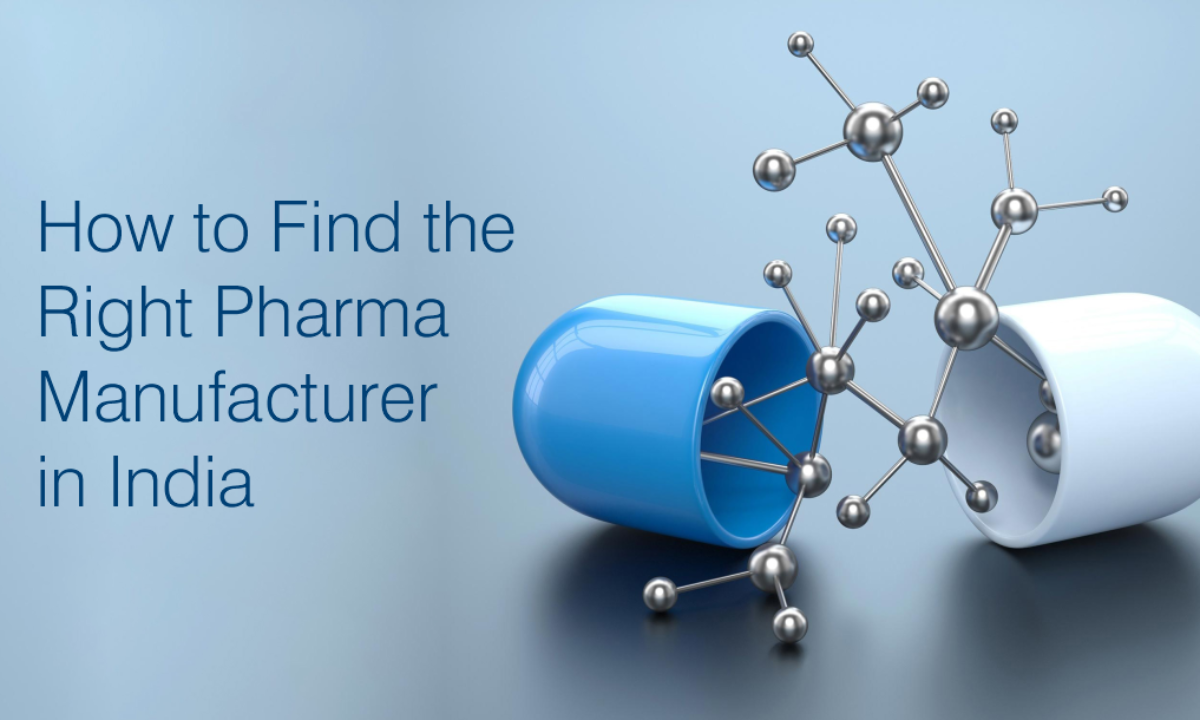
Choosing the right pharmaceutical manufacturer is a critical decision for any pharma brand. The manufacturer is not just a supplier of medicines; it is a strategic partner responsible for ensuring consistent product quality, regulatory compliance, and timely delivery. A poor choice can lead to product recalls, regulatory penalties, stockouts, and damage to brand reputation, which can severely impact business growth and patient trust. Conversely, a reliable manufacturer ensures safe, effective, and high-quality medicines, which strengthens customer confidence and supports long-term success.
Pharmaceutical manufacturing is highly regulated, requiring strict adherence to Good Manufacturing Practices (GMP), ISO certifications, WHO guidelines, and local regulatory standards. A reputable manufacturer maintains strong quality control measures, including sourcing raw materials, precise formulation, in-process monitoring, and final product testing. These practices ensure that medicines meet required standards for purity, potency, and stability, which is critical for patient safety and brand credibility.
The manufacturer’s expertise also determines a brand’s ability to scale production or diversify product lines. For instance, a manufacturer skilled in tablets may not have the capability to produce syrups, injectables, or ointments. Evaluating their technological capabilities, production capacity, and core competencies helps prevent delays, bottlenecks, and quality issues.
Supply chain reliability is equally important. Pharma brands operate in fast-paced markets, and delayed shipments or stockouts can disrupt patient treatment and reduce revenue. A manufacturer with a proven logistics network and timely delivery track record mitigates these risks effectively.
Finally, the manufacturer’s reputation reflects directly on your brand. Partnering with a WHO-GMP certified, ISO-compliant, and audit-ready manufacturer builds trust with healthcare providers, distributors, and consumers. Such partnerships ensure medicines are produced safely, regulatory requirements are met, and patient safety remains the highest priority. By choosing the right manufacturer, pharma brands can establish a solid foundation for long-term growth, regulatory compliance, and market success.

Key Factors to Consider When Selecting a Pharma Manufacturer
Selecting a pharmaceutical manufacturer requires careful evaluation of multiple factors to ensure quality, compliance, and operational efficiency. Choosing a manufacturer without proper due diligence can lead to delays, compliance issues, and financial losses. Below are the most critical factors to consider.
Initial Evaluation Factors
- Regulatory Compliance : Check for valid GMP, ISO, WHO, and FDA certifications.
- Manufacturing Expertise : Ensure they have experience with your specific dosage forms, such as tablets, capsules, syrups, injectables, or ointments.
- Quality Control Systems : Evaluate their QA protocols, including in-process checks, batch release procedures, and documentation.
- Production Capacity : Confirm they can meet current and future market demand without compromising quality.
- Technology & Equipment : Modern, well-maintained machinery ensures precision, efficiency, and consistent output.
- Cost Transparency : Verify pricing is clear with no hidden charges, ensuring cost-efficiency without compromising quality.
Secondary Evaluation Factors
- Reputation & References : Review client testimonials, past performance, and market presence.
- Supply Chain Reliability : Assess storage, cold-chain management, and delivery systems.
- Flexibility & Customization : Ability to handle custom formulations, packaging, and branding needs.
- Communication & Support : Responsiveness and clear communication help avoid operational delays.
- Innovation & Continuous Improvement : Partners who suggest process improvements or better formulations add value.
By considering both initial and secondary factors, brands can select a manufacturer who provides reliable, compliant, and high-quality production, forming the foundation for a strong partnership.
Common Risks and Red Flags When Choosing a Pharma Manufacturer
Identifying risks and red flags is essential to avoid quality issues, compliance failures, and operational disruptions. Below are the most important warnings for pharma brands.
- Lack of Certifications :
Manufacturers without GMP, ISO, WHO, or FDA approvals pose significant regulatory risks. Working with them may result in delays, fines, or product rejections.
- Poor Quality Control Practices :
Frequent recalls or inconsistent batch quality indicate weak QA systems that can compromise patient safety and brand reputation.
- Limited Production Capacity :
Facilities unable to scale production during peak demand can cause stockouts and lost revenue opportunities.
- Outdated or Malfunctioning Equipment :
Old or poorly maintained machinery increases the risk of contamination, errors, and inconsistent product quality.
- History of Regulatory Violations :
Manufacturers with past inspection failures, warning letters, or penalties may have systemic compliance issues, risking your brand’s credibility.
- Weak Supply Chain Management :
Inadequate storage, packaging, and cold-chain facilities can compromise medicine quality and shelf life, affecting patient safety.
- Poor Communication and Responsiveness :
Delays in responses, unclear documentation, and lack of coordination can disrupt production schedules and create operational challenges.
- Limited Technical Expertise or Innovation :
Manufacturers lacking skilled personnel or innovation capabilities may fail to support product improvement, new formulations, or advanced packaging needs.
By carefully evaluating these risks and performing thorough audits, pilot batches, and client reference checks, pharma brands can avoid costly mistakes and ensure their manufacturer is a reliable, quality-driven partner.